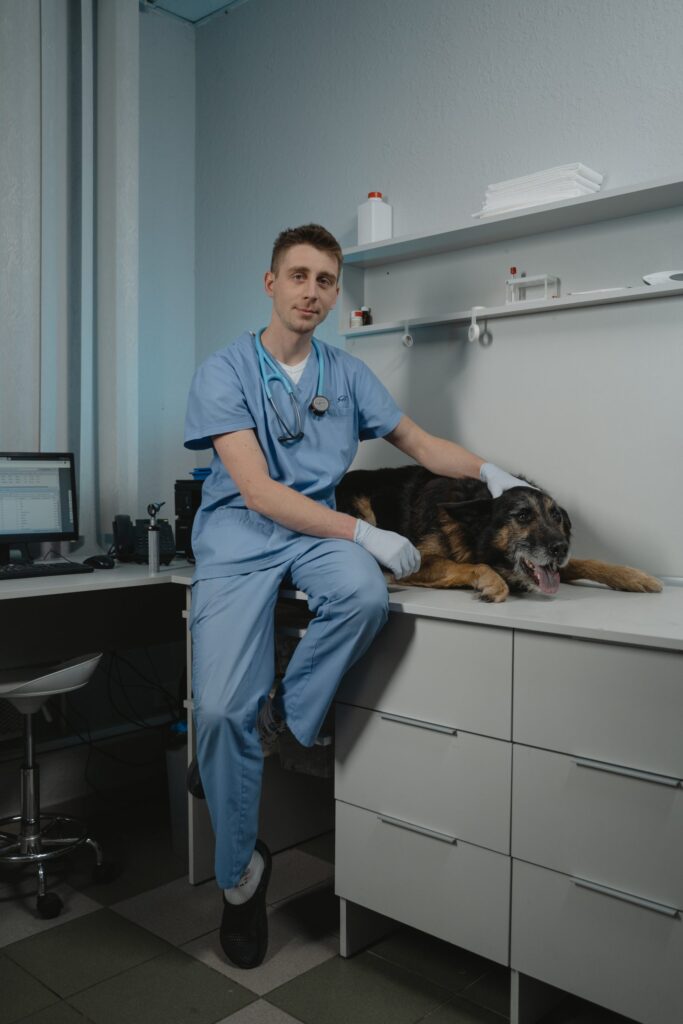There are many good reasons why Illinois state law regulates veterinarians’ responsibilities regarding prescriptions. It may seem just fine for veterinarians to treat and prescribe medications for their own pet animals, but that is not the case. Under Illinois law, a veterinarian’s individual animals are not considered patients of that veterinarian. This means that for veterinarian professionals, writing prescriptions for controlled substances for personal pets or other animals that are not patients of the practice is strictly prohibited.
One licensed veterinarian found this out the hard way. In May 2019, Kerri Katsalis was reprimanded by the Illinois Department of Financial and Professional Regulation (IDFPR) and her controlled substance license was indefinitely suspended for, among other things, writing controlled substance prescriptions for her own dog.
The reason that Katsalis had her license disciplined is due to how the state of Illinois and professional veterinary organizations define the doctor-patient relationship. According to the American Veterinary Medical Association (AVMA), a veterinarian-client-patient relationship must exist before a veterinarian can write a prescription for an animal patient. In addition to these regulations, most states have their own laws that govern how and when a veterinarian can write a prescription. In Illinois, that law is found in the IDFPR Administrative Code, which states that any practice outside of a veterinarian-client-patient relationship is prohibited (225 ILCS 115/5.5). This code also regulates the labeling of animal prescriptions, which must include the date the drug was dispensed, the name of the owner, the name of the person dispensing the drug, and directions for its use. These labeling requirements are further regulated under the Federal Food, Drug, and Cosmetic Act or the Illinois Food, Drug and Cosmetic Act, both of which strictly describes how and when a controlled substance can be prescribed and dispensed.
More specific to medication for pets, Illinois administrative code states that any licensed veterinarian found to be “using, prescribing, or selling a prescription drug or the extra-label use of a prescription drug by any means in the absence of a valid veterinarian-client-patient relationship” is subject to disciplinary action, up to and including having their license suspended or revoked (225 ILCS 115/25). The Department can also choose not to renew a veterinarian’s license, place the veterinarian on probation, reprimand him or her, or take other disciplinary action.
In Katsalis’ case, prescribing medications for her own pet dog resulted in the Department taking away her ability to prescribe controlled substances to her patients for an indeterminate amount of time. There is no exception to the law for medications for animals owned by licensed veterinarians. Instead, to legally acquire necessary animal medications, veterinarians must go through another veterinarian to establish a patient-veterinarian relationship for their pets. In this way, the IDFPR seeks to guard against the most common abuses of prescription medications.



